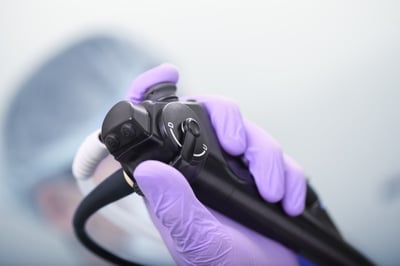Get notified of page updates
Preliminary Evaluation of Screening for Pancreatic Cancer in Patients with an Inherited Genetic Risk Due to a BRCA1, BRCA2, PALB2 or ATM Mutation

Pancreatic cancer screening for people at high risk and with an inherited BRCA1, BRCA2, ATM, or PALB2 mutation
Clinicaltrials.gov identifier:NCT02478892
Study Contact Information:
Glossary on
off
About this Study
NOTE: This Study is no longer recruiting patients.
Improved screening for pancreatic cancer in high-risk groups, such as people with an inherited , , , or mutation, may help find cancer early and improve survival rates. People enrolled in this study will undergo screening using endoscopic or of the abdomen.
This Study is Open To:
NOTE: This Study is no longer recruiting patients.
This Study is NOT Open To:
NOTE: This Study is no longer recruiting patients.
Study Contact Information:
Pancreatic cancer screening for people at high risk and with an inherited BRCA1, BRCA2, ATM, or PALB2 mutation
Clinicaltrials.gov identifier:NCT02478892
Study Contact Information: